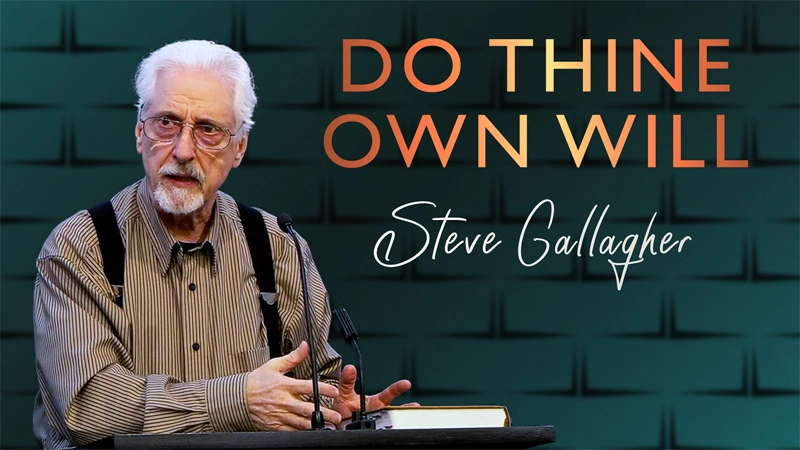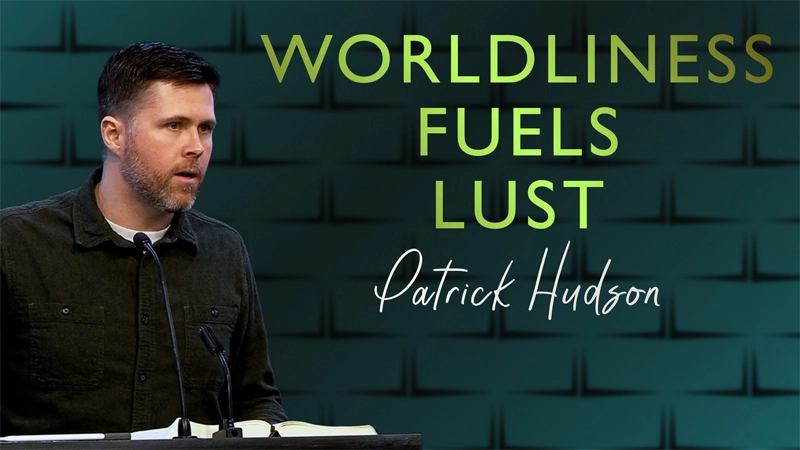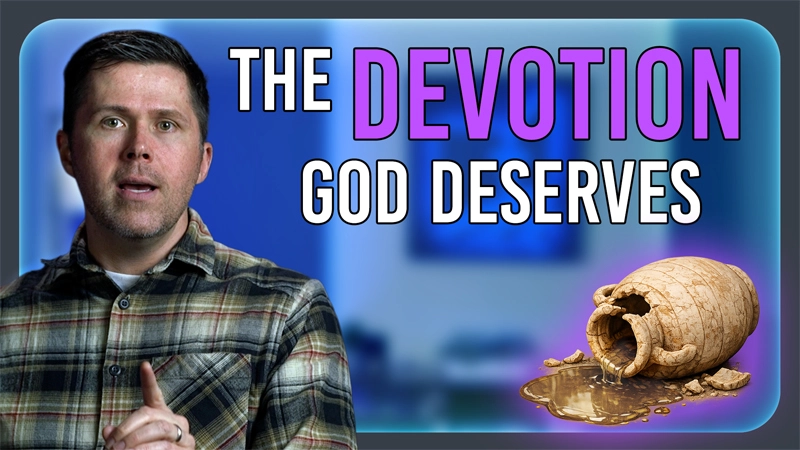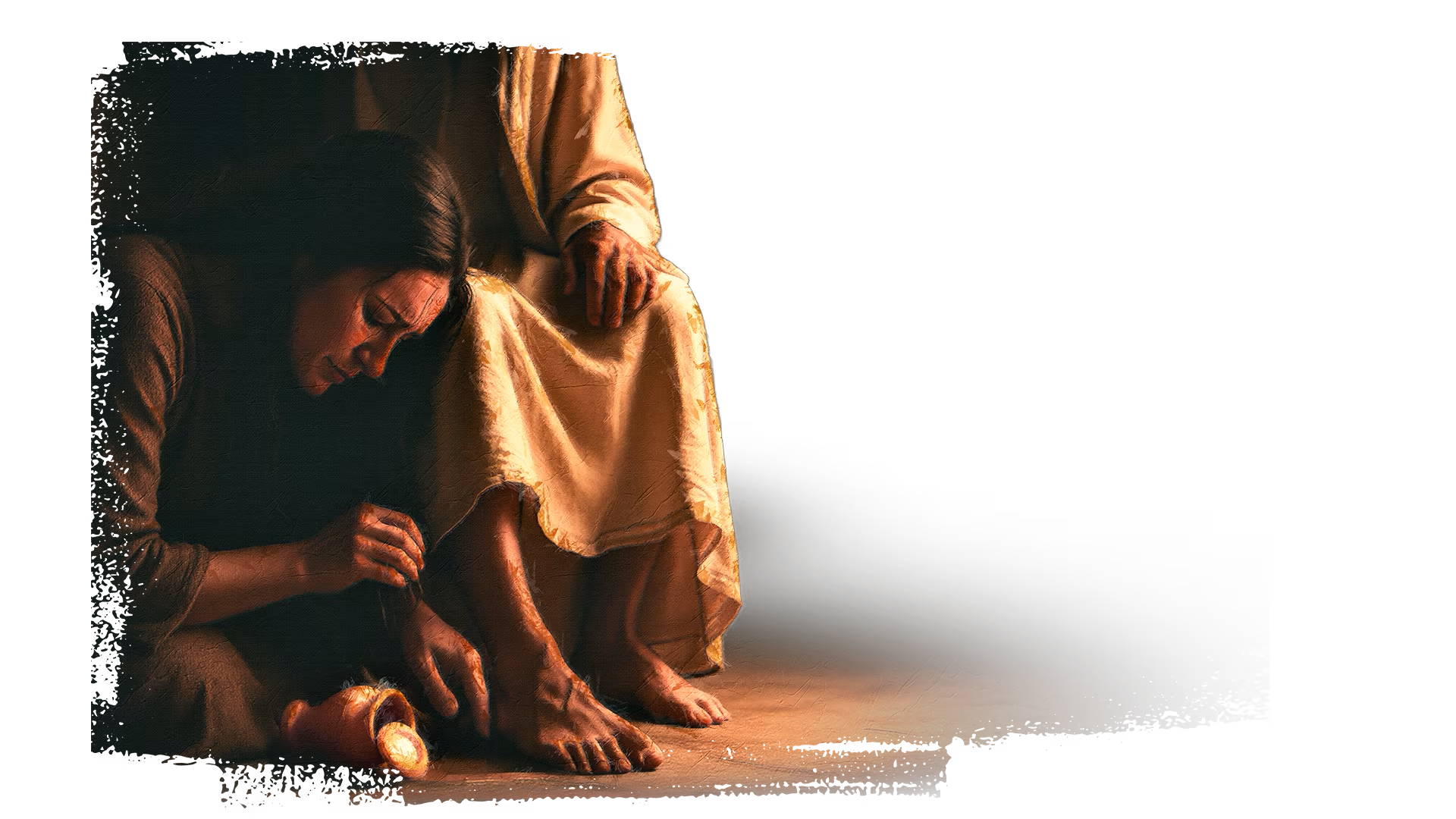
Responding to Despair and Discouragement
Since time immemorial the devil has used discouragement to weaken believers’ defenses against the temptation to sin. Discouragement—which can befall the godliest of saints—can easily lead to self-pity. Once a person begins to feel sorry for himself, he becomes easy prey for the enemy. The lives of Asaph and Cain demonstrate two different and opposite ways to respond when things go wrong.
Asaph: An Outward Focus
Asaph, a Levite, was appointed as worship leader by King David because of his great love for God and his ability to lead others into His presence. And yet, Psalm 73 recounts the story of how he became discouraged one day and nearly got himself into real spiritual trouble. “My feet came close to stumbling,” he later confessed, “my steps had almost slipped.” Asaph almost slid into a pit of depression and despair when he began to focus on “the prosperity of the wicked.”
“They are not in trouble as other men,” he lamented to himself, “nor are they plagued like mankind.” Asaph could not reconcile the fact that “the wicked” seemed to be blessed, while he seemed to have nothing but troubles. “Surely in vain I have kept my heart pure and washed my hands in innocence; for I have been stricken all day long and chastened every morning.”
Asaph’s discouragement nearly set his feet on the slippery path of self-pity. With his attention focused on the prosperity of the wicked, he began to question the goodness of God. One more precarious step in this direction could have been disastrous, but Asaph was a man who knew his God. “When I pondered to understand this, it was troublesome in my sight until I came into the sanctuary of God…”
Many years later, the prophet Habakkuk would struggle with the very same question. Ultimately, he too found the way out of discouragement by fixing his eyes on the Lord. “Though the fig tree should not blossom and there be no fruit on the vines,” he wrote, “yet I will exult in the LORD, I will rejoice in the God of my salvation.” (3:17-18)
Godly people discover that the way out of the discouragements of life is always by focusing their minds back on “the beauty of the Lord.” They understand that this world belongs to the enemy; that they were created for another world. Thus, rather than turning inward to self, they turn to the Lord in the midst of discouragement. Asaph’s entire perspective brightened when he got his eyes off himself and onto the Lord. “Whom have I in heaven but You?” he exclaimed. “And besides You, I desire nothing on earth. My flesh and my heart may fail, but God is the strength of my heart and my portion forever.”
Asaph’s and Habakkuk’s responses contrast strikingly with that of Cain. He, too, faced a difficult situation, but rather than respond in the right way, he became increasingly embittered over God’s dealings with him.
Cain: An Inward Focus
Cain was clearly a religious man, evidenced by the fact that he willingly arrived at the appointed time with an offering. Unquestionably, his sacrificial gift came at a very real and personal cost. Nevertheless, the Lord rejected his offering for one very important reason: Cain’s religious life was not founded upon faith, submission and love to the Lord, but in self-works.
“The way of Cain,” as Jude later coined it, denotes the underlying attitude of entitlement—that each act of sacrifice is a great gift to God deserving recognition and praise. There are many in the Church today who exhibit this self-centered agenda. When God withholds His blessing, or allows suffering of any kind into their lives, they start feeling sorry for themselves. “Look at all I have given up for the Lord,” they trumpet indignantly. “I go to church every Wednesday and twice on Sunday. I’ve paid my tithes for many years. And this is the thanks I get?!” Rather than seeing all that God has done for them, all they can see is what they have done for Him. Blinded by self-righteousness and self-pity, they view themselves as His benefactors, instead of sinful wretches unworthy of grace and mercy.
God, in His infinite holiness, must reject, and always has rejected, such self-centered religion. When He refused to accept Cain’s offering, we are told that Cain “became very angry and his countenance fell.” In other words, he plummeted into a depression. He sat down in a heap of self-pity and sulked—the first biblical instance of someone throwing a temper tantrum.
Cain’s attitude can be summed up in the distressing words of the unprofitable servant (in the parable of the talents): “I knew you to be a hard taskmaster.” And so God always seems to those who live in self-will. They fully expect Him to bless their plans and when He doesn’t—or when things go wrong—they rise up in anger with Him. He seems like a “hard taskmaster,” a demanding boss who cannot be satisfied. This attitude, if persisted in, leads to self-pity, which in turn, paves the way for deeper, more grievous sins.
God: Another Chance
The Lord saw that Cain was in great spiritual danger. In spite of the blasphemous accusations churning in Cain’s heart, the Lord graciously reached out to him. “Why are you angry? And why has your countenance fallen?” At that point, Cain’s situation was still comparable to those of Asaph and Habakkuk. Had he responded with the same faith, obedience and humility they exhibited, he, like them, would have climbed right out of his pit of despair.
{{blog-brse="/blog-ads-storage"}}
The Lord then proceeded to show Cain exactly what to do, reinforcing His instruction with a warning of the danger he was in: “If you do well, will not your countenance be lifted up? And if you do not do well, sin is crouching at the door; and its desire is for you, but you must master it.” Simply put, God was giving Cain a chance to repent of his attitude. If he continued in prideful self-will, he would be powerless to resist the provocations toward evil of the enemy lurking nearby. Cain, regrettably, chose to remain locked in a prison of SELF, nursing his “grievances.” Self-pity turned to anger, which quickly gave place to rage. And rage, pursued to its end, led to murder.
The temptation Cain faced, and ultimately succumbed to, was toward violence. However, I have heard countless stories from men who found themselves unable to resist sexual temptations once they began feeling sorry for themselves. Self-pity distances a person from the Lord and increases his vulnerability to the enemy’s lures. Once a person throws a pity party, he will find that he has very little strength to withstand temptation.
The next time you find yourself discouraged over some difficult situation, turn to the Lord. You will find that as you “set your mind on things above,” you will be lifted right out of the doldrums! On the other hand, if you start giving over to self-pity, beware that “sin is crouching at the door; and its desire is for you.”
















